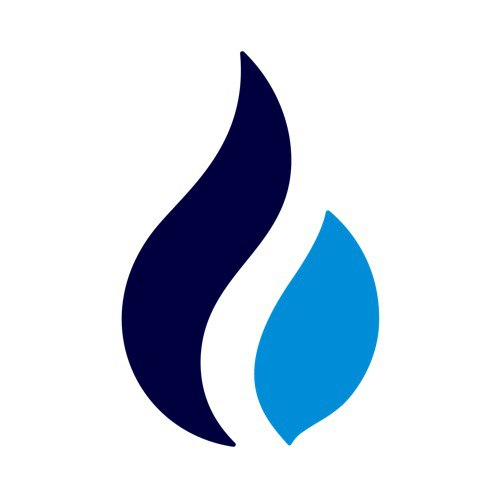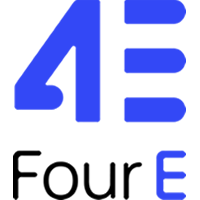
LDO
项目开始时间

2021年1月5日
关于
1. Background IntroductionLido is a leading liquid staking solution for Ethereum and other Proof-of-Stake (PoS) blockchains. It allows users to stake their crypto assets without locking them or maintaining infrastructure, providing liquidity through staked asset tokens (e.g., stETH for Ethereum). The platform is governed by Lido DAO, a decentralized autonomous organization, emphasizing community-driven decision-making.2. Core Website ContentThe Lido website showcases its primary service: liquid staking. Key sections include staking options (Ethereum, Polygon, Solana, etc.), staking rewards, and integrations with DeFi platforms. The site also features DAO governance details, audits, and partnerships. A prominent dashboard displays real-time metrics like Total Value Locked (TVL) and staking APY.3. Technical FeaturesLido leverages smart contracts to automate staking and mint staked tokens (e.g., stETH). It uses a decentralized oracle network for balance updates and supports multi-chain staking. The platform employs a non-custodial design, ensuring users retain control over assets. Its modular architecture allows integration with various DeFi protocols.4. TokenomicsLido's native token, LDO, governs the DAO and has no monetary value. stETH (staked ETH) is a rebasing token reflecting staking rewards. Rewards are distributed daily, and stETH can be traded or used in DeFi. Token holders vote on proposals like fee structures or new chain integrations.5. Competitor ComparisonCompared to Rocket Pool (decentralized) or centralized exchanges (Coinbase, Binance), Lido offers higher liquidity and broader DeFi compatibility. However, it faces criticism for centralization risks due to its reliance on a few node operators. Competitors like Rocket Pool emphasize permissionless node participation but have lower TVL.6. Risks and ChallengesKey risks include smart contract vulnerabilities, slashing penalties, and regulatory scrutiny. Centralization concerns arise from Lido's dominant market share (~30% of staked ETH). The peg stability of stETH (e.g., its deviation during the 2022 Terra collapse) remains a challenge.7. Industry FutureLido is poised to benefit from Ethereum's growing staking demand post-Merge. Expansion to new chains (e.g., Cosmos) and Layer-2 solutions could drive adoption. However, competition and regulatory hurdles may impact growth. Innovations like distributed validator technology (DVT) could address decentralization concerns.8. SummaryLido dominates liquid staking with user-friendly solutions and high DeFi integration. Its DAO governance and multi-chain support strengthen its position. Centralization risks and regulatory uncertainty are key hurdles. As staking demand rises, Lido's adaptability and community focus will be critical for long-term success. 更多>
























































 看多
看多
 看空
看空